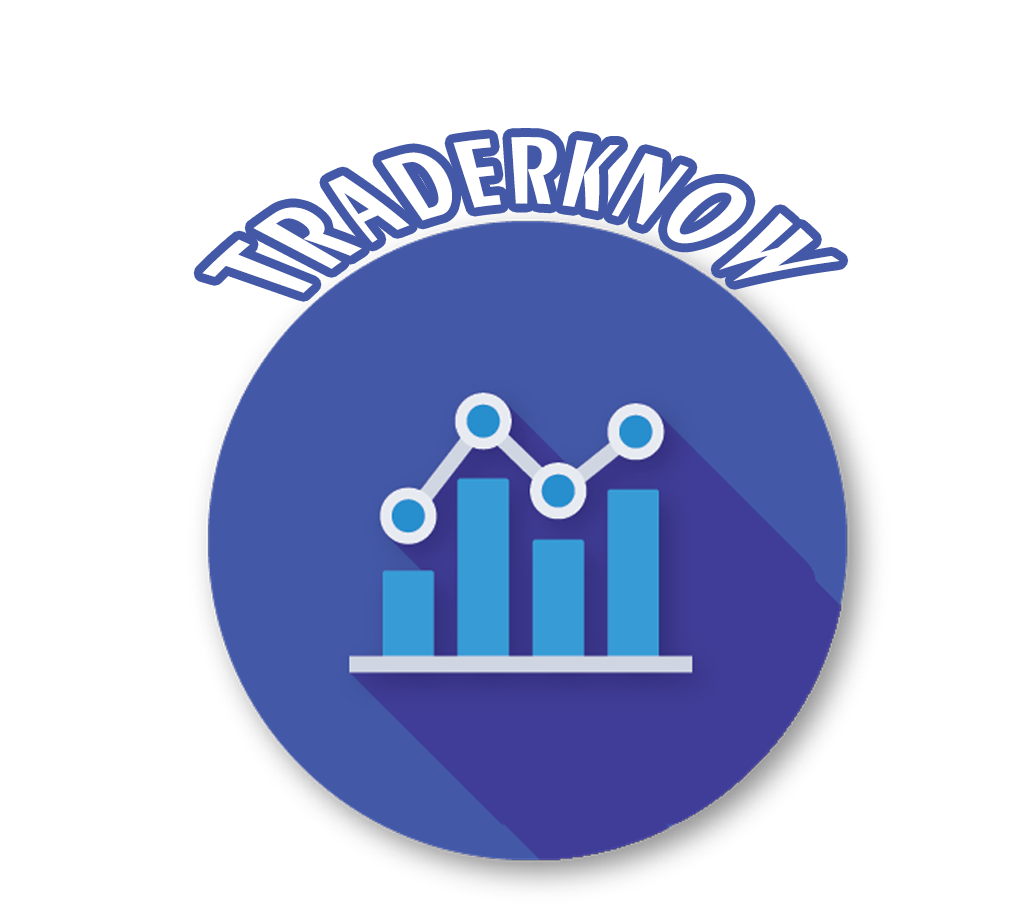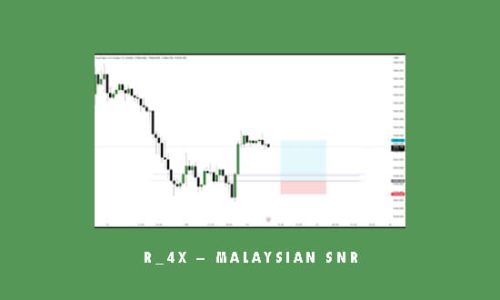OVERVIEW
At OTA we believe that when trading the Foreign Exchange markets (Forex), it is helpful to apply a rule-based strategy to help students analyze the global market and choose the right currency pairs for their trading objectives. Understanding the difference between Forex and equities trading and how to use both to carefully identify key market turning points and strong market moves in advance is explained during the Professional Forex Trader Course.
DETAILED COURSE OUTLINE
Day 1
- Forex Terminology and Market Structure – Become proficient in using unique Forex-related terms and learn how the Forex Markets are structured
- Currency Pairs – Two currencies linked together in what is known as a currency pair is the cornerstone of Forex Trading. Students can gain a solid understanding of Base Currency, Quote Currency, the “Majors” and Cross Pairs and their notable characteristics
- Core Strategy Review and Application – This course is built on the foundation of Online Trading Academy’s Core Strategy. In this course students will specifically focus on applying the Core Strategy in the Forex markets
- Trading Purposes – Explore the different trading styles including daily, weekly and monthly timeframes
Day 2
- Preparing to Trade – Learn consistent routine designed to assist students in becoming patient, focused and disciplined traders
- Order Types – Review the primary order types (Market, Limit, Stop Market, Stop Limit and Bracket orders) and learn what these order types are used for and the advantages and disadvantages of each
- Multiple Time Frame Analysis – Multiple Time Frame analysis is key to identifying the appropriate trading opportunities and utilizes three specific chart timeframes with purpose and focus
- News and Reports – Awareness of news and economic reports is critical to the prepared Forex trader and helps them focus on the most important Forex reports to be prepared for identifying quality trading opportunities
- Risk Management – Develop a proper risk management plan that considers three controllable risk factors
Day 3
- Forex Correlations – Global correlations with commodities such as Oil and Gold play a large role in the flow of global capital and international trade. This portion of the course will look at these important correlations and provide trading action steps based on what to look for
- Forex Relative Strength – The concept of “Cross Pairs” measures the strength of an individual currency which helps in identifying which are the quality Forex pairs to trade
- OTA Scoring Methodology – Learn Online Trading Academy’s proprietary scoring system for objectively measuring the quality of trading opportunities
- Trade Management – Learn how to apply Dynamic Trade Management techniques such as scaling in and out of trades as well as various exit techniques
Day 4
- Forex Time Zones – Learn the ebb and flow of various time zones and discover how to identify trading opportunities that reoccur on a regular basis
- Momentum Breakouts – Learn Momentum trading which allows for participation in a strong market move after it is underway (breakout)
- Secondary Support Tools – Learn how to apply technical indicators and oscillators as a secondary support tool for confirmation in identifying trade opportunities
- Trade Plan Development – Trade plan development is a process of taking trading concepts as well as personal goals to create a specific action plan that fosters focus and accountability
Day 5
- Live Market Trading and Analysis – Experience another interactive trading session which includes identifying trading opportunities and executing trades in several Forex markets
- Broker Accounts and Regulation – Learn key aspects to help identify reliable and competent broker organizations using objective measurement criteria
- Forex Futures and Spot Forex – Learn the advantages and disadvantages between Forex Futures and Spot Forex
More courses from this author: PROFESSIONAL
Course Features
- Lectures 1
- Quizzes 0
- Duration 10 weeks
- Skill level All levels
- Language English
- Students 0
- Assessments Yes








